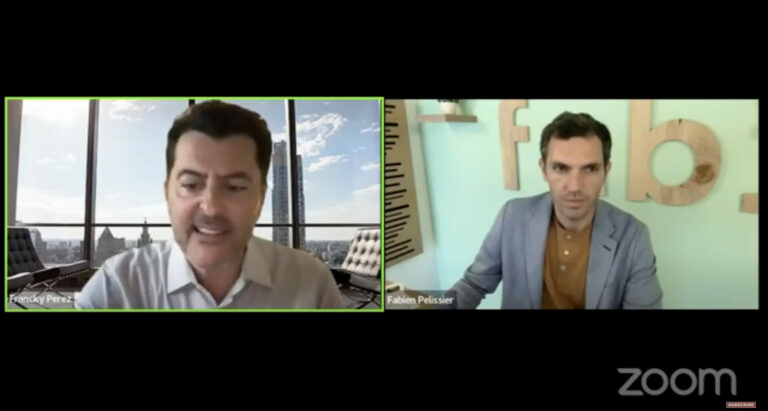[Sponsored article] The step from being an American Francophile to living your dream life in France can be daunting. When moving overseas, you should be ready to face a lot of hang-ups: finding the right city or home; tax quirks; visas; cultural and language barriers; currency exchanges…
But worry no longer! Even though it can be intimidating at first, by tackling one problem one at a time, you can start to put a new and exciting life together. Currencies Direct, a company specialized in international payment solutions, has some tips to help you achieve the life you dream of.
Moving to France: The Visa Issue
If you’re trying to move to France, you probably already know this: one of the most important things to take care of is your visa. There are three main types of French visas:
- Short stay (3 months and less)
- Temporary long stay (up to one year)
- Regular long stay visa (more than a year)
If you’ve already sojourned in France for more than a few weeks, you’ll likely be familiar with the application process for all types: you can either apply online, or in person at an embassy.
Please note that if you’re planning on staying more than a year, you’ll also need to get a long-term residence permit from your local government within two months after arriving in France. (You’ll need to apply for a Carte de Séjour, which is a residency permit.)
Finding the Perfect Place
France is a beautiful country where there are big cities, lots of countryside, coastal towns, and mountainous villages. You’re spoiled for choice when it comes to deciding where your future home is. It can quickly become overwhelming.
Generally speaking, you can expect to enjoy hotter and sunnier weather in the south of France, but this also means higher prices. The north is generally cheaper, with the exception of Paris.
Once you have narrowed down your location to a specific place, you’ll want to get in touch with a local estate agent who can offer you more insight into the area.
The Buying Process
The process for buying property in France is broadly similar to how it is in the U.S.:
- Find a place
- Check it over
- Put down a deposit
- Finance or pay in cash
The main recommendation here is to hire a notaire. The seller will likely have their own notaire who can represent both parties. But hiring a third party is safer as they will be able to handle the research and pore over the paperwork to make sure there are no issues or swindles.
French Financial Quirks
Then comes the financial side: Property tax, insurances and even the act of getting a bank loan have additional quirks for American expats.
Per 2010’s Foreign Account Tax Compliance Act (FACTA), French banks and lenders are legally obliged to follow compliance or face a hefty penalty. As such, American expats are subject to strict mortgage conditions.
Setting up a bank account has similar twists and turns. You’ll usually need a permanent address to set one up, and vice versa. It’s best to do this in person after a move if you can, and work with a bank manager to set it up.
Moving Money to France
If you are ready to take the leap and purchase a property in France you will need to consider how you will transfer funds from the U.S.
While this can be done through your bank, you may find it is more cost effective to move your money with a specialized company such as Currencies Direct.
In addition to offering highly competitive exchange rates and fee-free transfers, Currencies Direct also provide access to a range of services such as forward contracts and limit orders, which can help you manage your exposure to currency risks and maximise the returns on your transfers.
Currencies Direct also has a unique partnership with Agence AXA International (a French bank), which can simplify the process of setting up a French bank account, with an English-speaking agent who’ll help you throughout the whole process.
Get in touch today to find out how Currencies Direct could help you save money on your transfers and make the move to France that much smoother.
—————-
Sponsored articles are not written by the editorial team at Frenchly. They are provided or written by the marketing team at the request of the advertiser, who determines the content.






